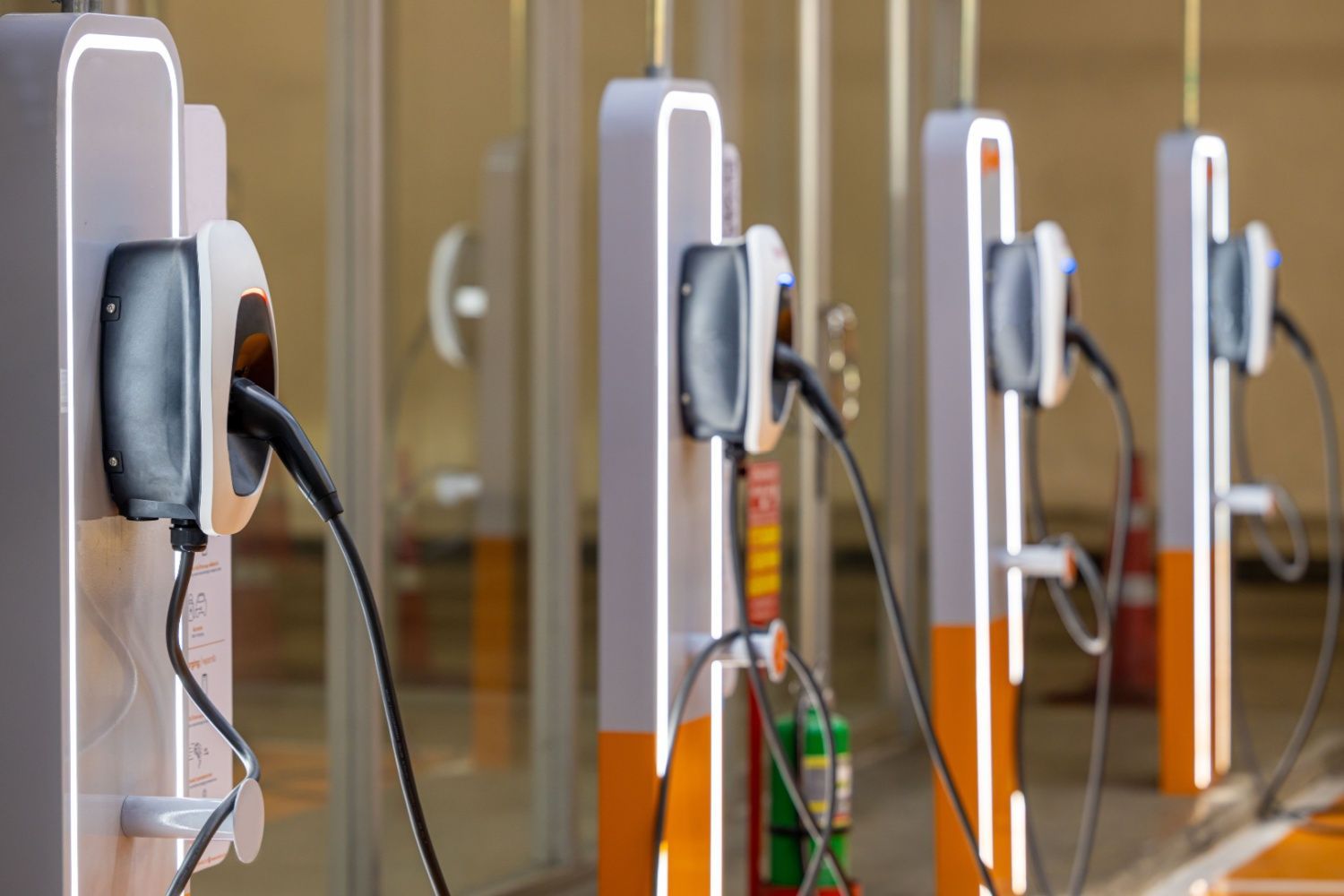As the world moves towards a more sustainable future, off-grid EV charging has emerged as a fascinating solution to meet the growing demand for electric vehicle (EV) infrastructure. Off-grid EV charging refers to charging stations not connected to the traditional electricity grid but instead rely on alternative power sources, such as solar or wind energy. This approach offers the promise of reducing carbon footprints and enhancing energy independence. But is off-grid EV charging practicable in the current scenario?
What is Off-Grid EV Charging?
Off-grid EV charging stations harness renewable energy sources to generate electricity to charge electric vehicles. This method is particularly appealing in remote locations where grid connection may be challenging or cost-prohibitive. It also provides an eco-friendly charging solution that aligns with the green credentials of EVs themselves. However, the feasibility of off-grid EV charging depends on several factors, including location, weather conditions, and technological advancements.
Is Off-Grid EV Charging Practicable?
One of the primary considerations in the practicability of off-grid EV charging is the reliability of power generation. Renewable energy sources like solar and wind can be intermittent, fluctuating in availability based on weather conditions and time of day.
To counteract this, off-grid charging stations often incorporate energy storage systems, such as batteries, to store excess power generated during peak production times. This stored energy can then be used to charge EVs during periods of low generation, ensuring a consistent power supply.
Another critical factor is the efficiency of the charging technology itself. Off-grid EV charging stations must be equipped with fast charging capabilities to be practical for users. Advances in battery technology and charging infrastructure have made rapid charging more accessible, significantly reducing the time required to charge an EV. However, integrating these technologies into off-grid systems presents challenges, including higher costs and more complex installation processes.
The scalability of off-grid EV charging is also a critical aspect to consider. While individual off-grid chargers may be suitable for personal use or small-scale applications, expanding this infrastructure to meet the needs of a growing number of EV owners requires significant investment.
Large-scale deployment of off-grid charging stations would necessitate substantial advancements in renewable energy generation and storage solutions, supportive policies, and government incentives.

What are the Prospective Benefits of Off-Grid EV Charging?
Despite these challenges, the potential benefits of off-grid EV charging are undeniable. By reducing reliance on the traditional grid, which often depends on fossil fuels, off-grid charging offers a path to truly sustainable EV charging. It can also enhance energy security by diversifying energy sources and reducing the impact of grid outages or price fluctuations.
Off-Grid EV Charging is Becoming a Reality
There are hurdles to overcome, but the practicability of off-grid EV charging is within reach. Sunnoo's advances in renewable energy technology, energy storage solutions, and charging infrastructure make off-grid EV charging more feasible and efficient.
As society continues prioritizing sustainability and innovation, off-grid EV charging stands out as a promising avenue to support the widespread adoption of electric vehicles. With ongoing investment and research, off-grid EV charging could soon become a practical reality, offering a greener, more resilient charging solution for EV owners around the globe.
If you want to learn more about Sunnoo’s off-grid charging solutions, contact us now!



